Introduction
Scientific evidence has shown that diet and food intake affect weight loss even more than exercise. It has further been revealed that diets rich in protein are especially effective in guaranteeing weight loss and curing obesity through appropriate body weight management. The reasons why a protein-rich diet is so effective are varied, including the fact that it usually causes satiety. This article will examine the process and methods for fat loss due to high dietary protein intake.
How Does Protein Guarantee Weight Loss?
Nearly all of our body’s functions and processes rely on protein, making it an essential macronutrient. Among its many benefits, this nutrient is vital for recovery following exercise and for maintaining healthy body functions. Proteins are formed from carbon, hydrogen, oxygen, and nitrogen, which make up amino acids. Most proteins consist of 300 amino acids or more, and each protein is unique in its amino acid sequence and number.
Protein affects specific processes and functions in effecting weight loss within the body. Some of these are discussed below.
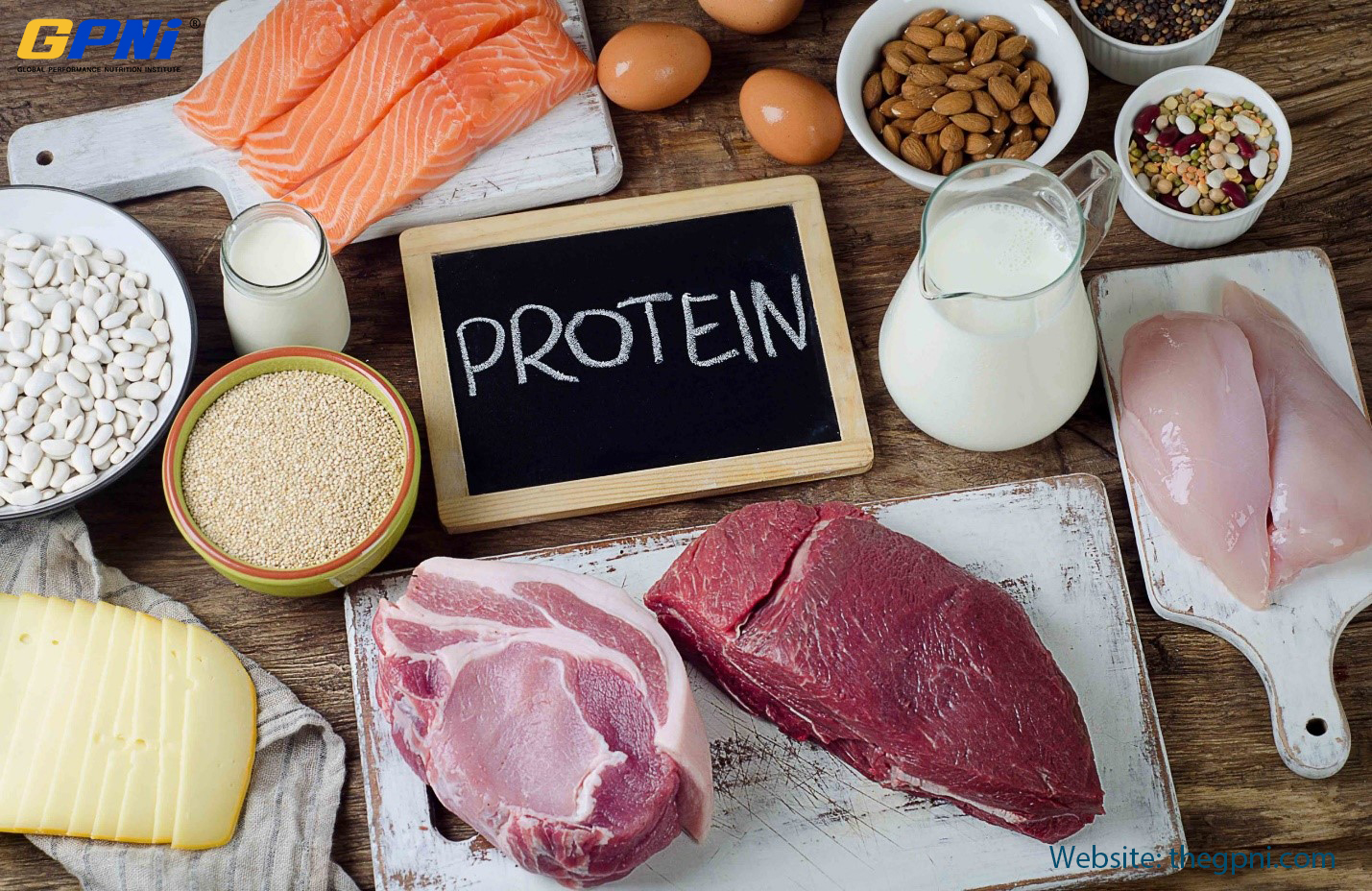
1. Protein Helps With Satiety (Protein Helps Keep You Feeling Full)
Hunger impedes weight loss more than anything else. If people are hungry, they are less likely to follow a nutrition or diet plan. This makes protein very useful in helping the loss of weight since it is the most satiating macronutrient. It has been shown in several different research studies that higher protein intake increases satiety and helps to reduce hunger. According to one study, high protein snacks helped people go longer between meals and eat less at subsequent meals. Supporting this, Healthline stated that protein shakes are pivotal in reducing fat and weight reduction. Furthermore, another study revealed that the inclusion of protein in a glass of water caused a decrease in hunger than just taking ordinary water.
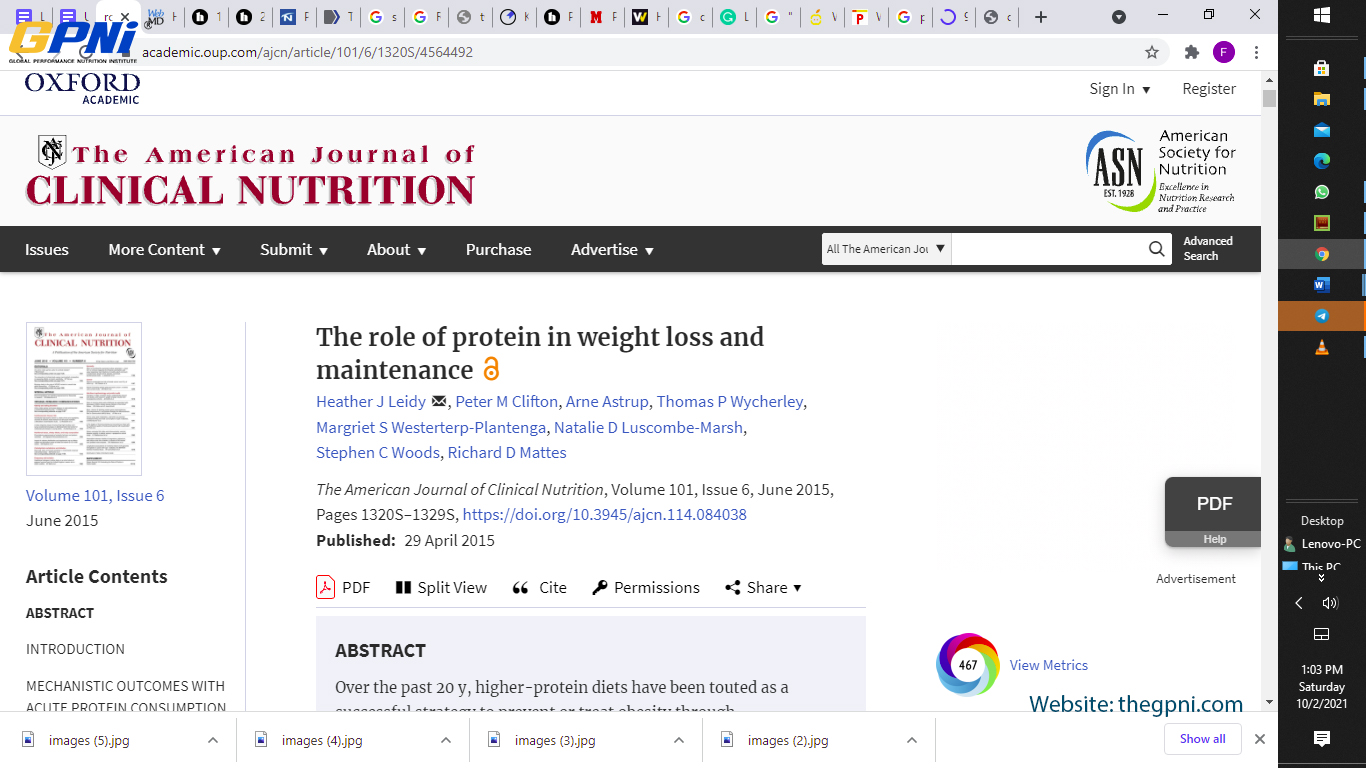
High protein consumption also reduces the number of calories that individuals take in. A study on this phenomenon showed that protein at 30% of calories automatically reduced people’s calorie intake by 441 calories per day. Nevertheless, it is important to note that different sources of protein could cause minor differences in the satiety that protein causes, even though the differences are incredibly insignificant in many cases that they have little impact on individuals.
2. Protein Leads To A Boost In Metabolism
Protein helps individuals burn several more calories due to its high thermic effect and some other factors. Food’s thermic effect describes how much it costs to digest a portion of food. The act of breaking down, digesting, and converting food into energy requires some energy, and in comparison, with the other macronutrients, protein has the highest “cost.”
Research shows that eating more protein ensures that individuals burn up 80-100 more calories each day. Evidence indicates that this effect is especially pronounced when an individual overfeeds or eats at a caloric surplus. For example, in one study, the calories burned per day increased by 260 when a person was overfed alongside a protein diet.
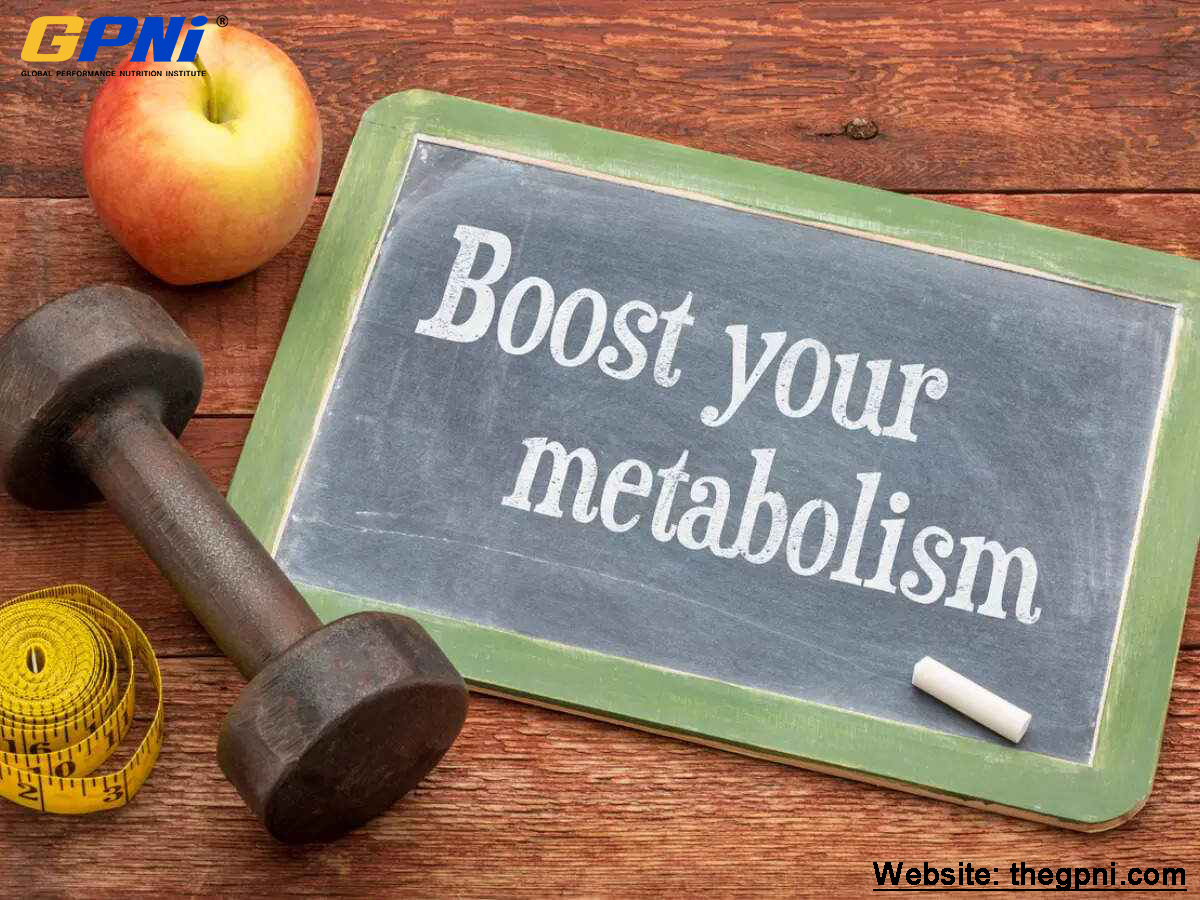
High protein diets help you burn more calories, so they have a metabolic advantage over diets that contain less protein.
3. Protein Prevents Muscle Loss & Preserves Lean Body Mass
The loss of weight can usually lead to a reduction of muscle mass and not just body fat. Protein helps ensure that the fat is truly lost while individuals don’t lose muscles and a lean body mass.
In a study, low (1.0 grams per kilogram per day) and high (2.3 grams per kilogram per day) protein intake was compared on lean body mass over a short-term caloric deficit. The study showed that the low protein group lost about 1.6 kilograms of muscle mass, whereas the high protein group lost approximately 0.3 kilograms (0.66 pounds).

4. Protein Significantly Reduces Cravings In Individuals.
Cravings are a major limiting factor in any battle against weight loss. However, studies have indicated that the high intake of protein reduces the desire to consume late-night snacks and other cravings by a great deal. For example, in one study, 25% of calories from protein reduced cravings by 60% and reduced late-night snacking by 50%. In another study, a high-protein breakfast significantly reduced the cravings of a teenager.
It is clear that a high intake of protein may help aid losing fat as it does not even require a reduction in calorie intake. Thus, an individual can achieve weight loss with protein without limiting fat, carbs, or calories. All that is needed is the addition of protein to the diet. A study by the National Center for Biotechnology Information on 19 overweight individuals clearly illustrates this fact. For participants of this study, there was an increase in protein intake to 30% of calories. After 12 weeks, the participants lost 11 pounds on average. This is an interesting result, especially considering that the participants only took in more protein. They did not intentionally restrict anything else.
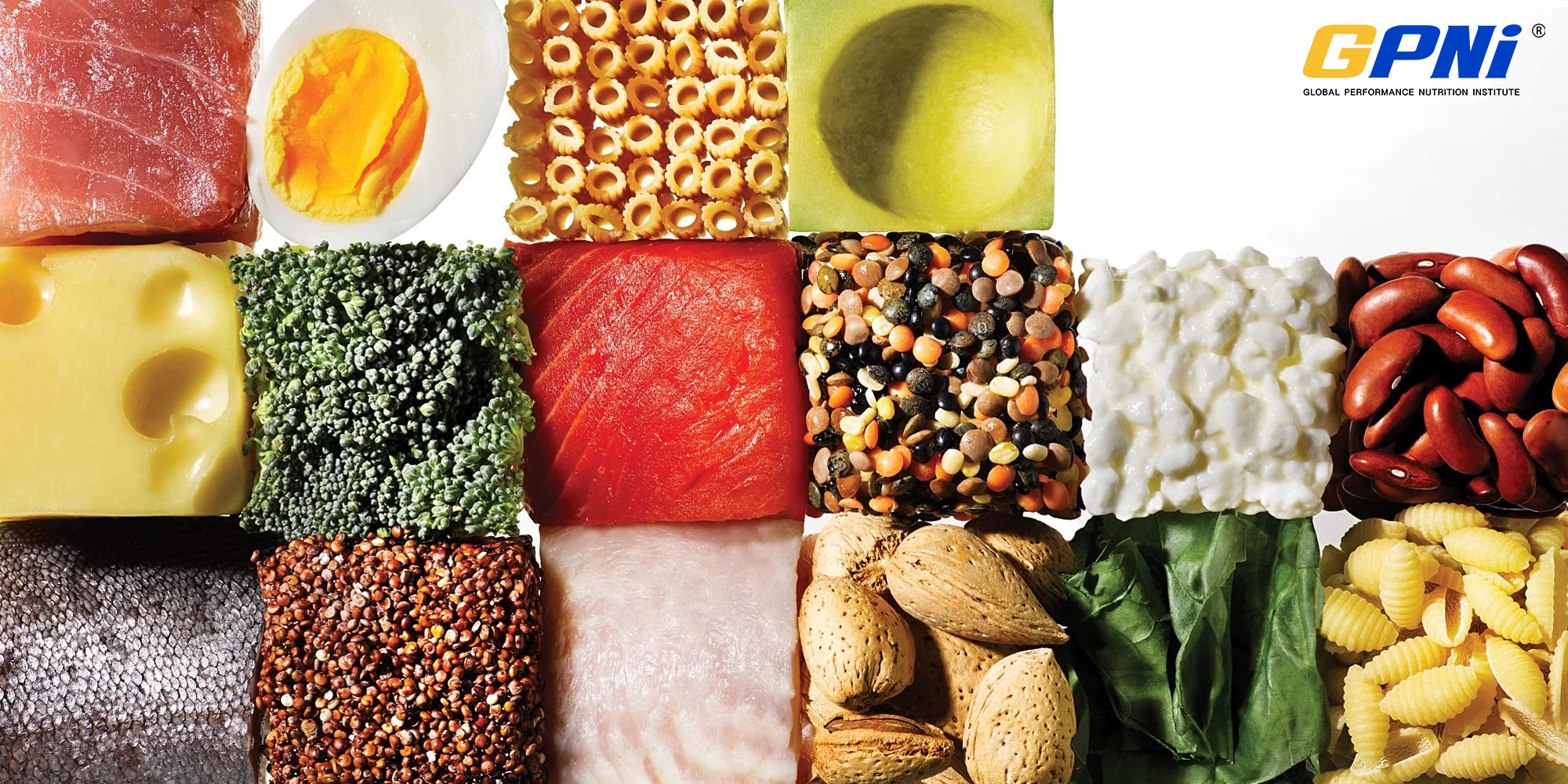
Such effects were due to the increased protein intake, which led to the participants’ significant decrease in calorie intake. From the foregoing, it can be seen that reduction calorie intake affects fat loss and that the intake of protein can stimulate reduction in calorie intake on its own, without necessarily limiting other things.
Read the full information here:
The ISSN Position Stand on the effects of protein on exercise, has also shown that a high protein intake coupled with a hypoenergetic diet and resistance training can help aid the body with fat loss and greater improvements in the body composition overall. This stance is also supported by the International Protein Board
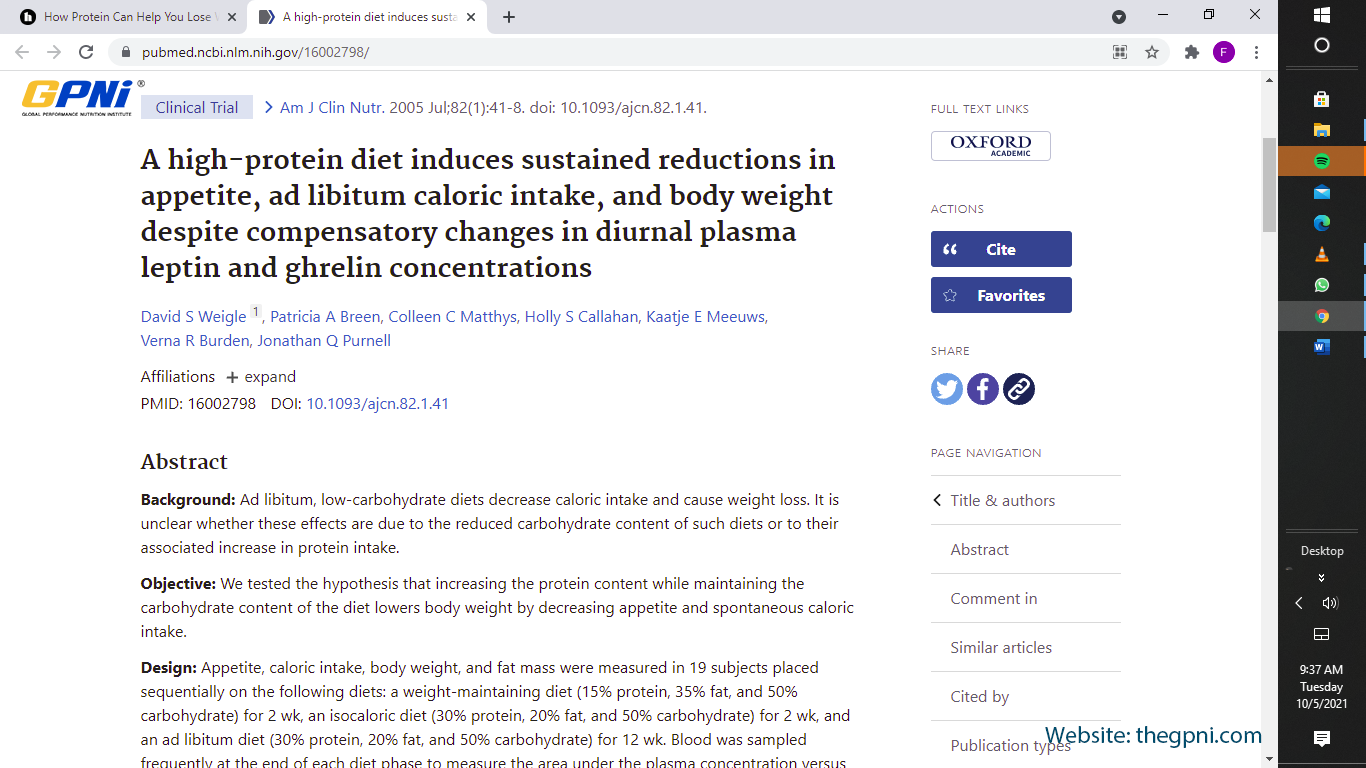
How Much Protein Is Required for Fat Loss?
Generally, guidelines on nutrition recommend a daily intake of protein at 1.6 to 2.2 for athletes in aiming to gain lean muscle tissue, also lose fat.
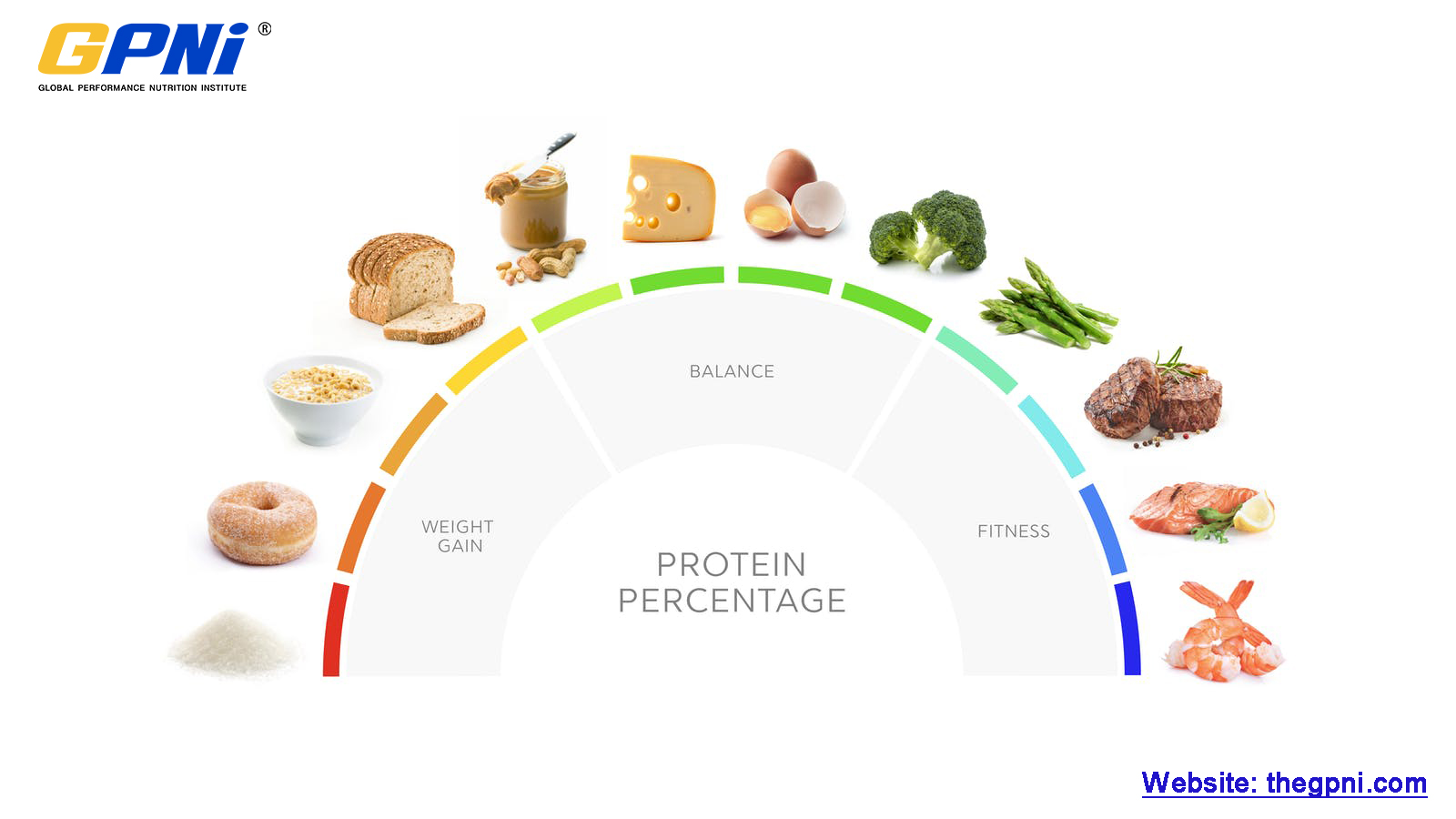
Another suggestion is for individuals to measure their protein intake by their weight. A common recommendation is to aim for 0.7-1 grams of protein per pound of lean body mass (1.5-2.2 grams per kilogram).
In taking in more protein, it should be spread through every meal in the day and not just a single meal. Research has shown, however, that breakfast meals that are higher in protein (>30 g protein/meal) and energy (>350 kcal/meal) and are solid foods have a more significant influence on appetite and satiety than skipping breakfast.
Ways to Increase Protein Intake
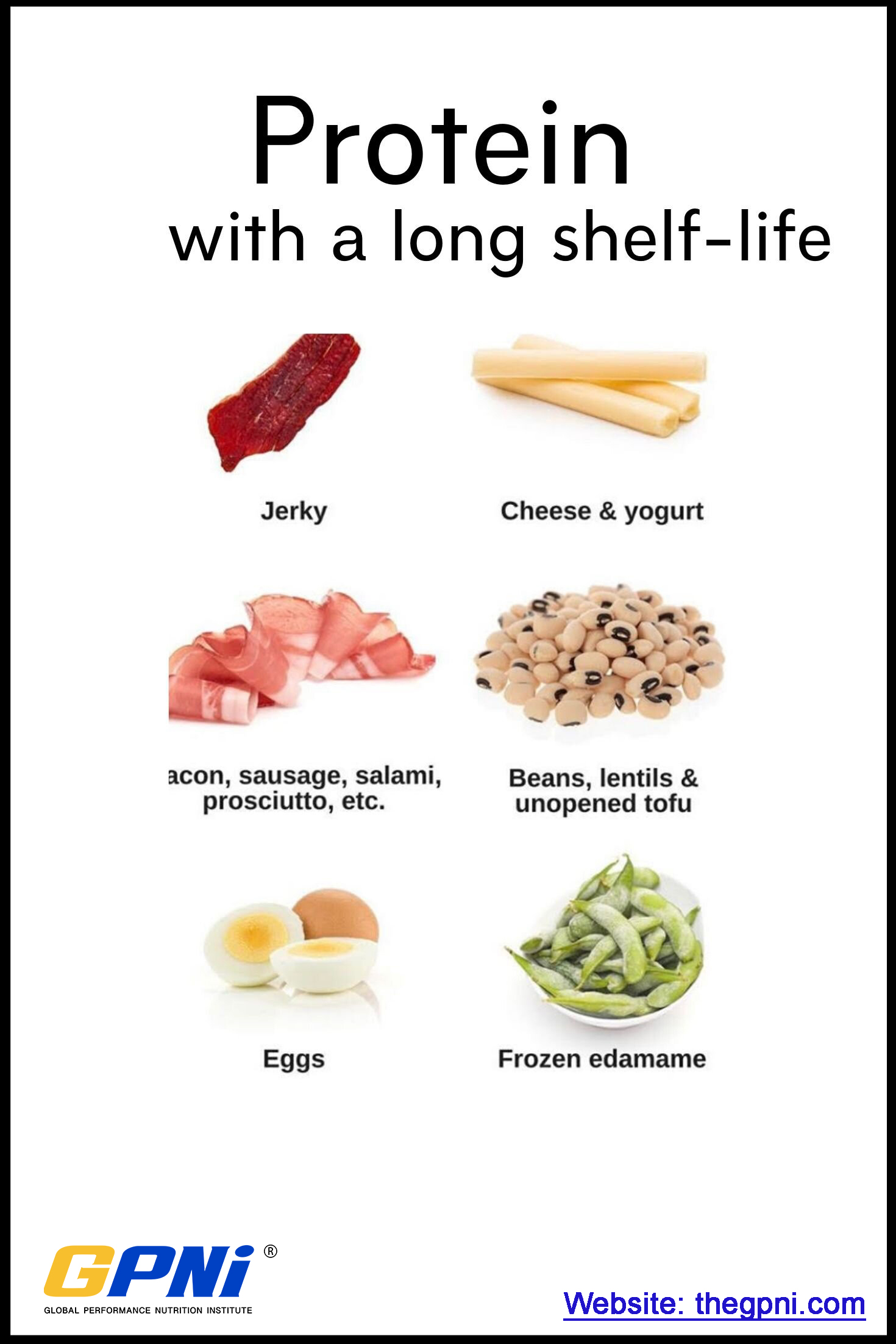
To increase protein intake, all that needs to be done is an identification of protein-rich foods and a commitment to their consistent and increased intake. Examples of foods that are rich in protein include Eggs, Almonds, Oats, Chicken Breasts, Greek Yoghurt, Broccoli, Tuna, Lentils, Haddock, Sardines, Turkey, Lean Beef, Cottage Cheese (Shrimps, Milk etc. It is essential to remember that these foods and beverages do not contain just protein, but protein forms a significant part of the nutrients that constitute them. Milk, for instance, has nearly all the nutrients beneficial for the body; however, protein makes up 21% of the calories present.
It is also recommended that individuals do not limit their source of protein to just one source but try to get their protein from multiple sources.
Conclusion
The research shows that higher protein consumption can be effective way for the reduction of fat and body weight. Like all processes, it is not a case of overnight transformation. However, a consistent and increasing diet that emphasizes protein intake may lead to fat loss, as well as the preservation of the lean muscle tissue at the same time.
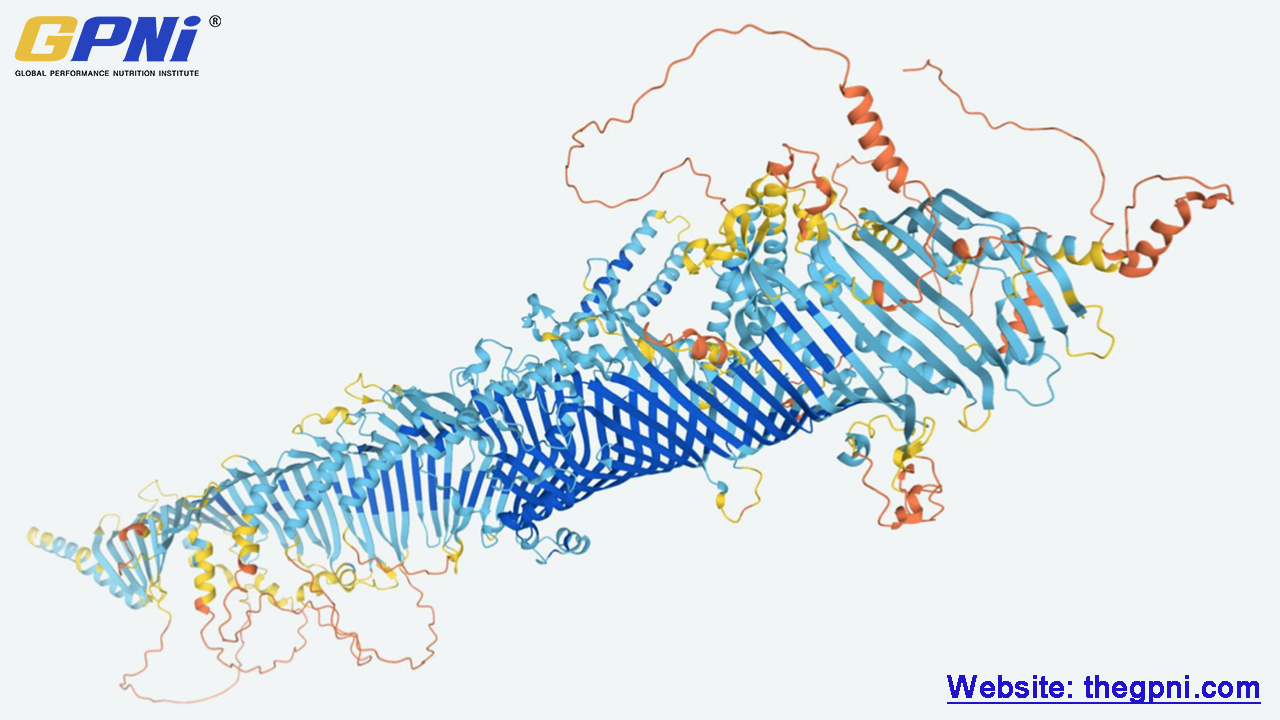
To know more about protein and fat loss, especially for athletes, get more learning resources such as those listed below, and get registered today to be a Sports Nutrition Specialist (SNS®) on the GPNi® platform.

You can also choose one of our Continued Education Certificate programs such as the Endurance & Marathon Nutrition Coach Nutrition Coach (EMNC®) certificate program.
References
– https://jissn.biomedcentral.com/articles/10.1186/s12970-017-0177-8
– iPB | Protein requirements for body weight reduction (internationalproteinboard.org)
– https://academic.oup.com/ajcn/article/101/6/1320S/4564492
– https://www.webmd.com/diet/guide/high-protein-diet-weight-loss
– https://www.healthline.com/nutrition/how-protein-can-help-you-lose-weight#Is-too-much-protein-harmful?
– https://blog.nasm.org/nutrition/how-much-protein-should-you-eat-per-day-for-weight-loss
– https://pubmed.ncbi.nlm.nih.gov/25926512/







